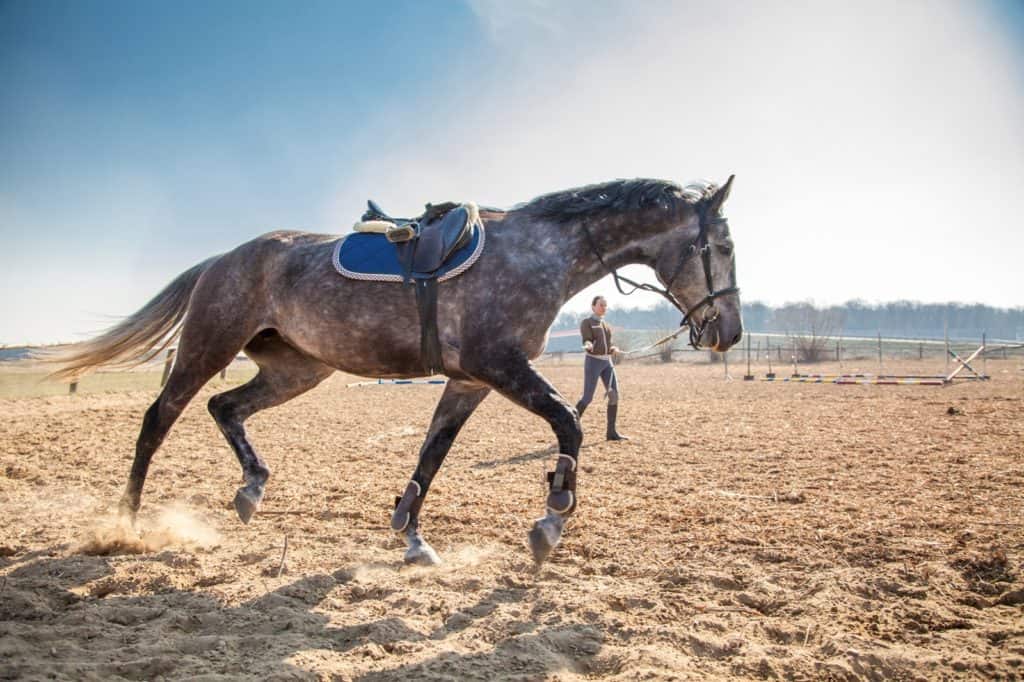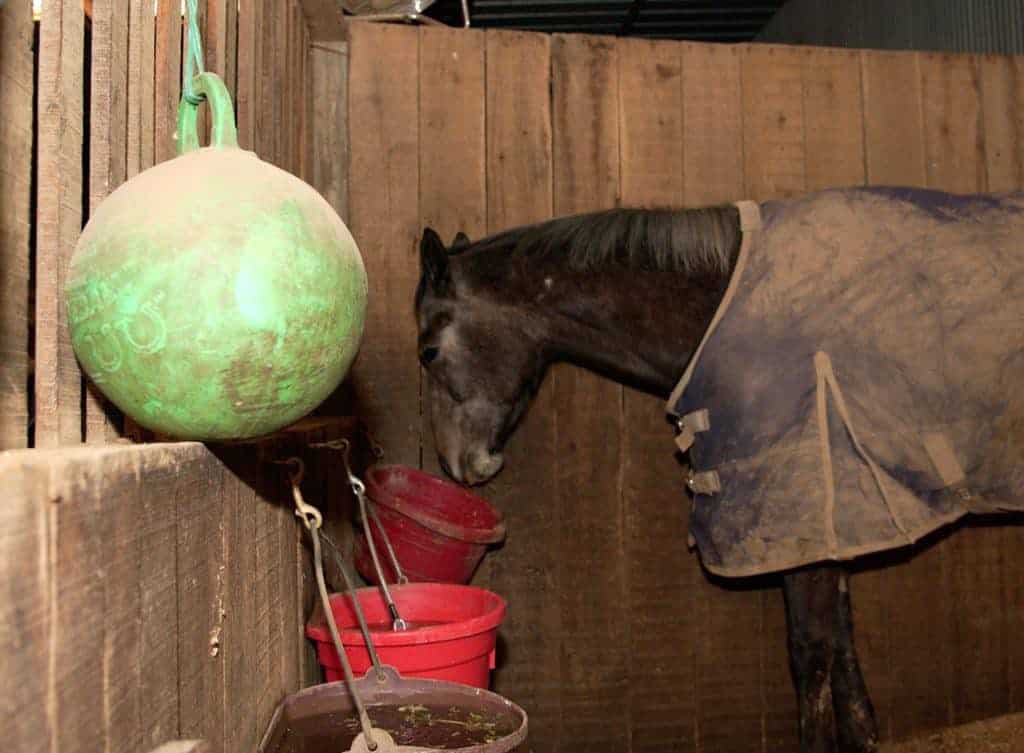
Practicing Science-Based Horse Husbandry
Practical ways to improve your horse’s welfare, based on discoveries from the growing field of equitation science.

Practical ways to improve your horse’s welfare, based on discoveries from the growing field of equitation science.

Behaviorist Dr. Sue McDonnell, of University of Pennsylvania School of Veterinary Medicine’s New Bolton Center, explains how behaviorists and vets can work together to identify the source of a horse’s pain and disease.

Which memory system a horse uses each time he learns a task depends on a variety of factors. Here’s what to remember.

Welfare issues include stress/pain behavior; inappropriate nutrition, stabling, and turnout; and delayed death.

Consider horses’ unique abilities and needs to carry out welfare-friendly, efficient training, one researcher says.

What are your horses’ pasture behaviors telling you and what can you do to help groups live together harmoniously?

French researchers found that the degree of that impairment depends on training method and the individual horse.
A collection of tweets and take-homes from the 2016 International Society for Equitation Science conference.

How do you prepare your horses for a night of fireworks?

Learn about what horses experience when they feel afraid and how to manage their fear reactions.

Follow these tips when searching for the best four-legged trail riding partner.

A horse behavior expert weighs in on whether she believes horses benefit from toys.

What affects a foal’s demeanor and makes him his own, unique self? Let’s have a look at what science has to say.

New research has revealed that horses do, in fact, try to intentionally communicate with us to achieve certain goals.

A horse’s whorl could help predict which direction a horse will turn in response to a frightening stimulus.

Does feeding treats help with learning or create cookie monsters? Find out from an equine behavior expert!
Stay on top of the most recent Horse Health news with
"*" indicates required fields